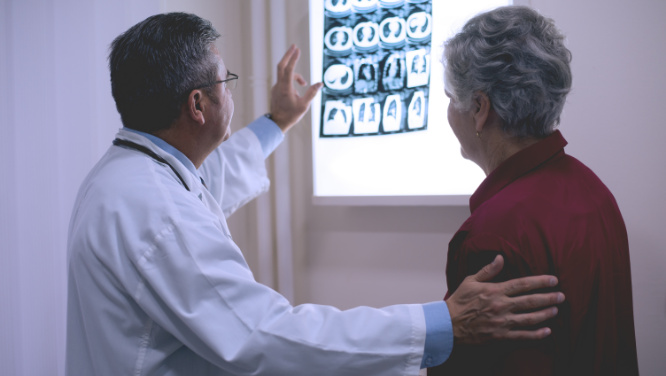Sunday, 20 August 2023
What to Do When a Child Faints?
The Pediatric Neurology branch focuses on the neurological development of children appropriate to their age, conditions presenting with changes in consciousness or recurrent attacks, issues arising during birth or pregnancy, weakness and imbalance observed in the child, conditions detected through imaging (MRI, CT, US), movement disorders, and behavioral disorders that may be associated with psychiatric issues, as well as genetic or metabolic problems.
What conditions does the Pediatric Neurology Department at Anadolu Medical Center address?
Conditions of interest include delayed walking, SMA, speech delay, autistic symptoms, learning and school-related issues (attention problems), febrile seizures, epilepsy seizures, fainting, convulsions, headaches, muscle diseases, nerve involvement, ataxias, tics, uncontrollable irregular muscle contractions, involuntary rapid or twisting movements, brain damage due to difficult birth, damage related to preterm birth, nerve damage at birth, microcephaly (small head size), hydrocephalus (accumulation of fluid in the brain), brain cysts, brain tumors, brain hemorrhages, vascular malformations and enlargements, congenital spinal cord anomalies, hyperactivity/attention deficit, social adjustment issues, obsessions, thyroid gland problems, amino acid metabolism disorders, organic acid metabolism issues, mitochondrial diseases, chromosomal abnormalities, and genetic conditions marked by facial and other structural differences.
What diagnostic methods are used?
Initially, the patient is thoroughly examined and their history is reviewed. Depending on the case, the physician may request additional tests. Diagnosis of neurological disorders is generally made using EEG, a test that evaluates brain electrical activity. MRI and ultrasonography may also be used for diagnosis.
Treatment methods
After a detailed history is taken and physical and neurological examinations are performed, an appropriate treatment method is determined for the patient. In neurological disorders, medication may be recommended based on the patient's condition, and in some cases, surgical methods may also be considered.

We listen to your opinions and suggestions to further enhance our service quality.

You can fill out the form to get a second doctor's opinion on the results of your tests, the diagnosis of your illness, and the treatment options we offer you.

You can receive the healthcare services you need at your home. Please fill out the form for home healthcare services.
Featured Articles
Processing of Personal Data: I consent and approve the processing of my personal data and contact information, which I provided during the registration process, by Private Anadolu Medical Center Hospital and Private Anadolu Health Ataşehir Medical Center, both in relation to my examination, appointment, and treatment, and for all kinds of health-related information, promotions, openings, invitations, event reminders, and communication activities.
Commercial Electronic Message: I agree to receive Commercial Electronic Messages from Private Anadolu Medical Center Hospital and Private Anadolu Health Ataşehir Medical Center for all kinds of health-related information, promotions, openings, invitations, event reminders, and communication activities.